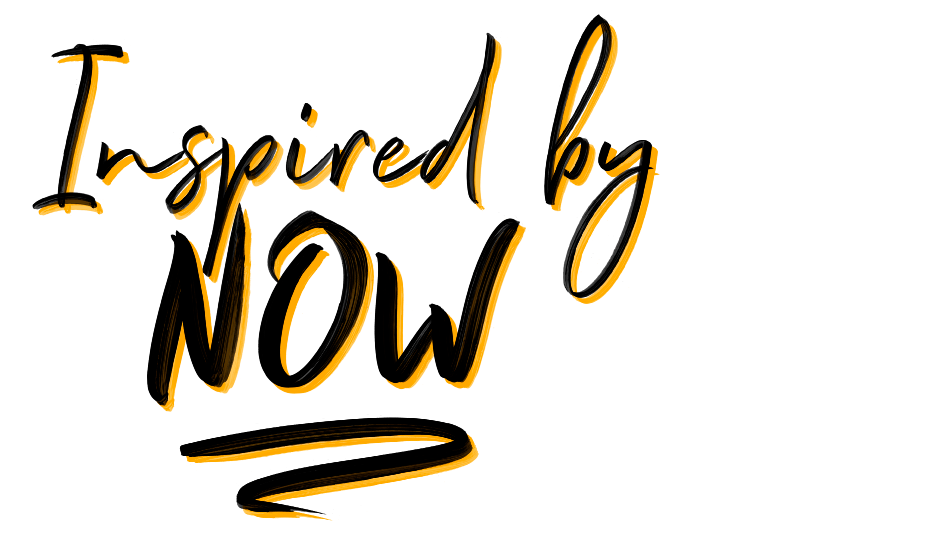Sea Stars Hit by a Disease
My family moved to California in mid 2012. One of the most fascinating aspects of living close to the ocean for me was (and still is) photographing the low-tide. In the first year of living here I frequently visited Laguna Beach and vicinity to admire the interesting low-tide animals. They were abundant! During each trip I saw many various animals and plants: kelp, thousands of mussels and barnacles, sea anemones, sea urchins, some octopi and many sea stars.
Here are some close up images of the unusual and gorgeous animals (and plants) that only show themselves during low-tide (click to enlarge):
The next image shows the abundance of low-tide animals in early 2013:
Let’s forward the time to early 2014. I continued to visit the ocean shore during low-tides, but I found a lot less animals. The most drastic change I saw was in the number of sea stars. First I thought that it was a seasonal thing, but sadly, it wasn’t. In late 2013 a strange disease hit the sea stars living on the west coast, from British Columbia to Mexico. The disease is called Sea Star Wasting Syndrome, and it killed millions of them. Basically, after being hit by the disease, the sea stars disintegrated.
The sea stars are very slowly coming back. Some were noticed at Crystal Cove State Beach 4 years later the devastating event. I hope we’ll get to see more and more of them as they slowly reappear in our neck of the world.
I am very glad that I was able to take some pictures of these fascinating creatures prior to their disappearance. Always remember: what we have in the present, might not be here in the future. Always look around and enjoy what the present gifts you with.
The sea stars are very slowly coming back. Some were noticed at Crystal Cove State Beach 4 years later the devastating event. I hope we’ll get to see more and more of them as they slowly reappear in our neck of the world.
I am very glad that I was able to take some pictures of these fascinating creatures prior to their disappearance. Always remember: what we have in the present, might not be here in the future. Always look around and enjoy what the present gifts you with.












0 comments